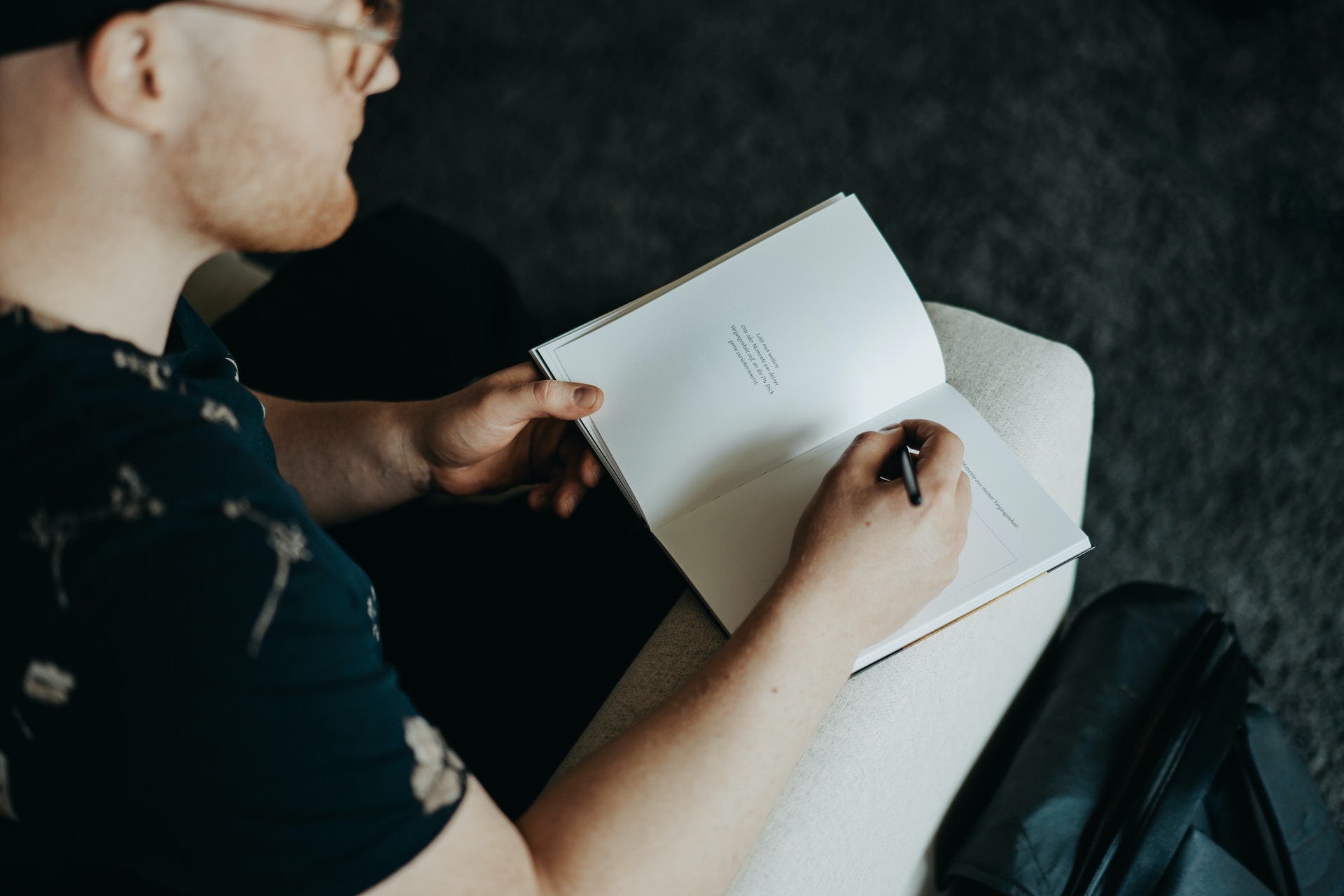How to Develop Healthy Coping Skills

By Joanna Nesbit
A “coping strategy” is a tool used to deal with a challenge, make yourself feel better, or respond better when you experience a frustration or stressful situation. During your lifetime, you’ll discover and create all kinds of coping strategies without even realizing it.
Some, such as talking to someone you trust when you feel sad, writing in a journal, or listening to your favorite playlist to cheer you up, can be really effective. Others may only feel like they’re helping—or work for a while—until they end up working against you, such as using drugs or alcohol to manage social anxiety. They can lower intense stress in the immediate moment but may create more issues later.
During your lifetime, you’ve developed coping skills—whether helpful or not— that you may not even realize you have. Strength, critical thinking, and your ability to navigate life’s ups and downs have gotten you this far, and you can learn new ones to help you manage the new challenges that come with leaving your family home, living on your own, starting a new job, or going to college.
Developing coping strategies that help requires access to resources that support you, finding ways to manage hard feelings in a productive way, and learning to be open to flexible ways of working through challenges.
Here are seven coping strategies you can start practicing now. Some may be easier to learn than others, and you may come to prefer particular strategies.
Take a Break
If the situation allows for it, step away from whatever is frustrating you. If your computer is acting up and you’re ready to throw it out the window, walk away and return when you’re in a calmer state of mind.
Breathe
It may sound goofy, but taking four deep breaths in and four deep breaths out reduces your stress. Practicing breathing exercises brings you into the moment.
Check out these breathing exercises to lower stress and this video on how to box breathe
Take Care of Your Body
Sometimes stress shoots up simply because you’re taking on too much or you’re sleep deprived. We all have different demands placed on us, and it can be challenging to take care of your body when you have a lot on your plate. If you’ve been hitting the books late into the night or working overtime and not eating well, do what you need to fit good nutrition, regular sleep, and moving your body into your routine. Try adding these tasks to your calendar if you struggle to fit them in.
Here are three resources to help you get good sleep:
Go Outside
Research shows that spending time in nature is good for your mental and physical health. You don’t even have to go all the way to the woods. Taking a walk in a city park with trees where you feel safe is a proven stress-reducer, and making it a regular routine benefits you more than a single long trip into the great outdoors (although everything helps).
Connect With Others
Handling things by yourself can be lonely and stress-inducing, especially if you don’t know what to do in a particular situation. Discussing with a friend or a family member can help reduce stress levels. Even if they don’t have advice—and maybe you don’t want advice—listening to you will help. Choose a person you trust who is also a good listener.
Learn more about how connecting with others can improve your emotional well-being
Reduce Caffeine
Too much coffee or caffeinated soft drinks can increase anxiety and disrupt sleep. Caffeine increases levels of certain hormones linked to stress and alertness. Some caffeine is usually fine, but caffeine after 2 p.m. can get in the way of a good sleep routine.
Talk to a Professional
If you’re struggling with an unusually stressful situation or you’re coping with something big like a death in the family or the trauma of violence on campus, using mindfulness techniques may not cut it. You may benefit from talking to a mental health counselor who can help you process the situation. If you’re away at college, you could head to the counseling center or see if there are other mental health resources available on campus.
Learn more about finding affordable mental health care and getting mental health help in college
Even if you aren’t dealing with a big life event, it can still be difficult to cope with daily stressors. Everyone deserves mental health support, and you don’t need to be experiencing a big challenge to get it. Reach out for help and have hope that with extra support, time, and patience, you’ll build out your coping strategies toolbox and start to feel better.






